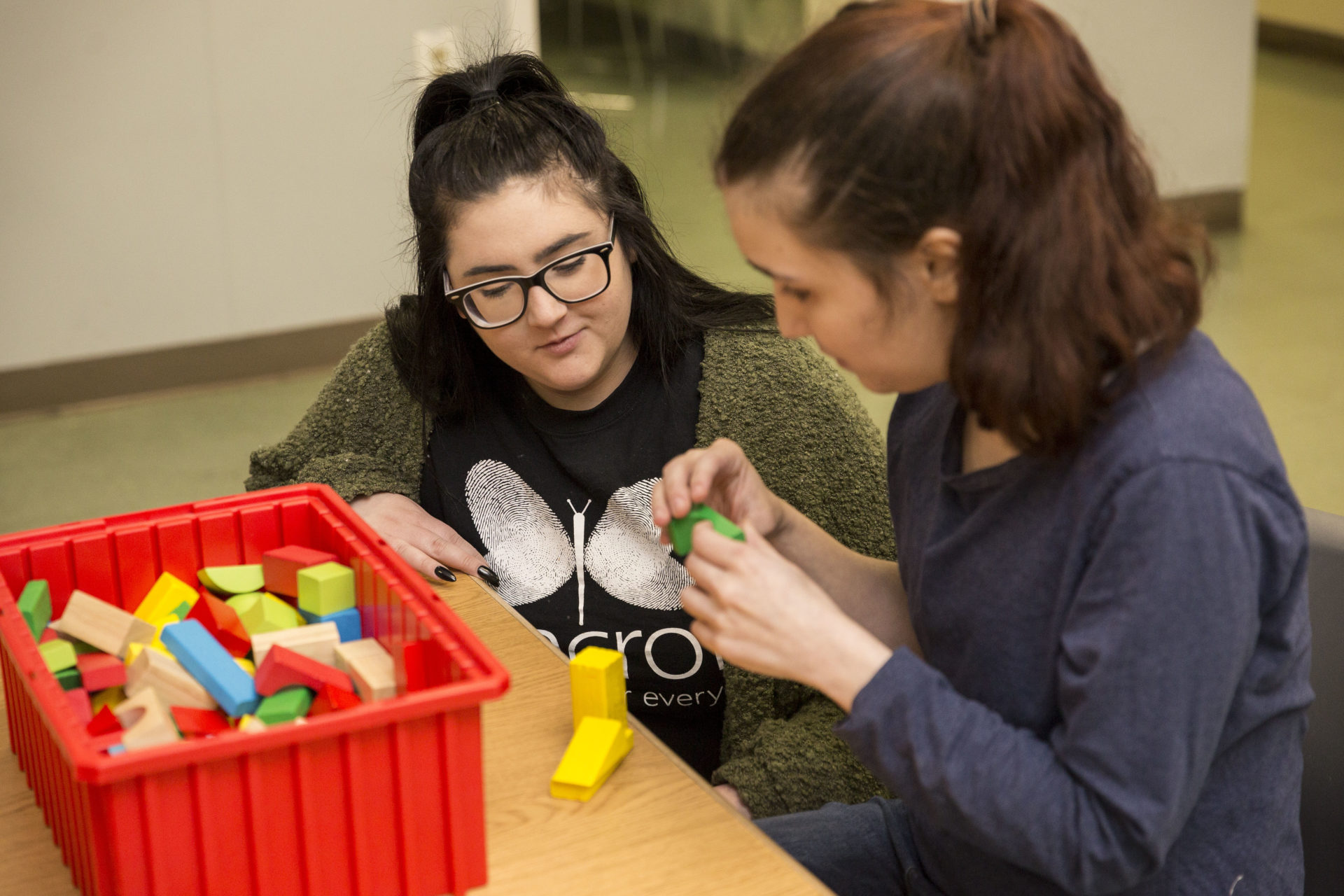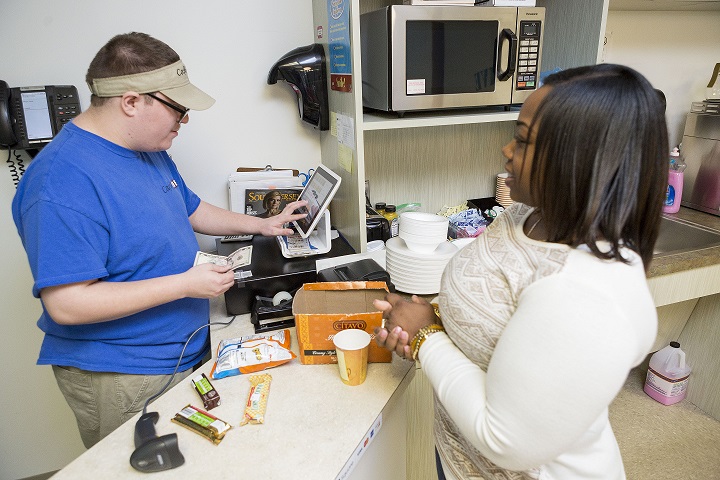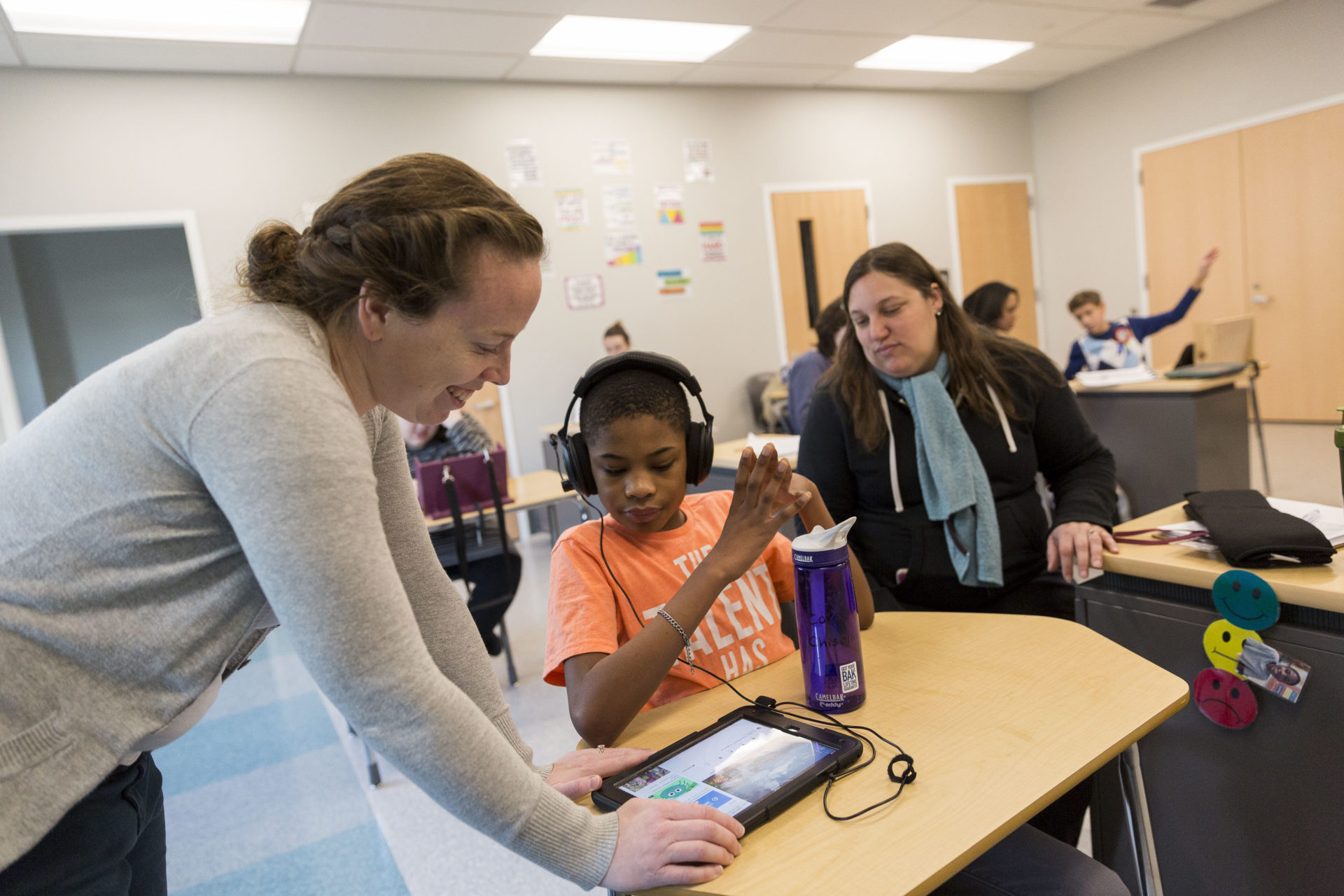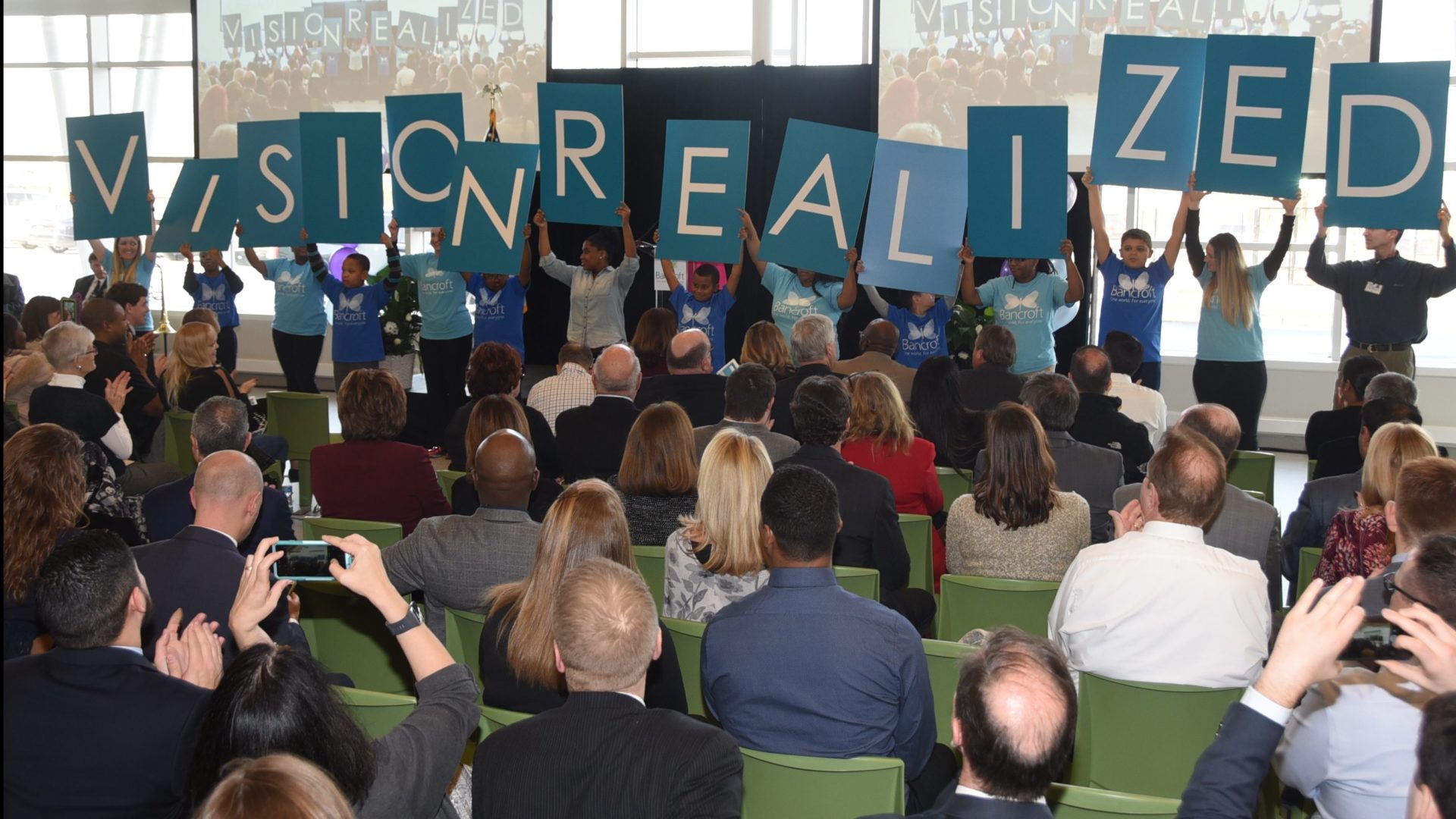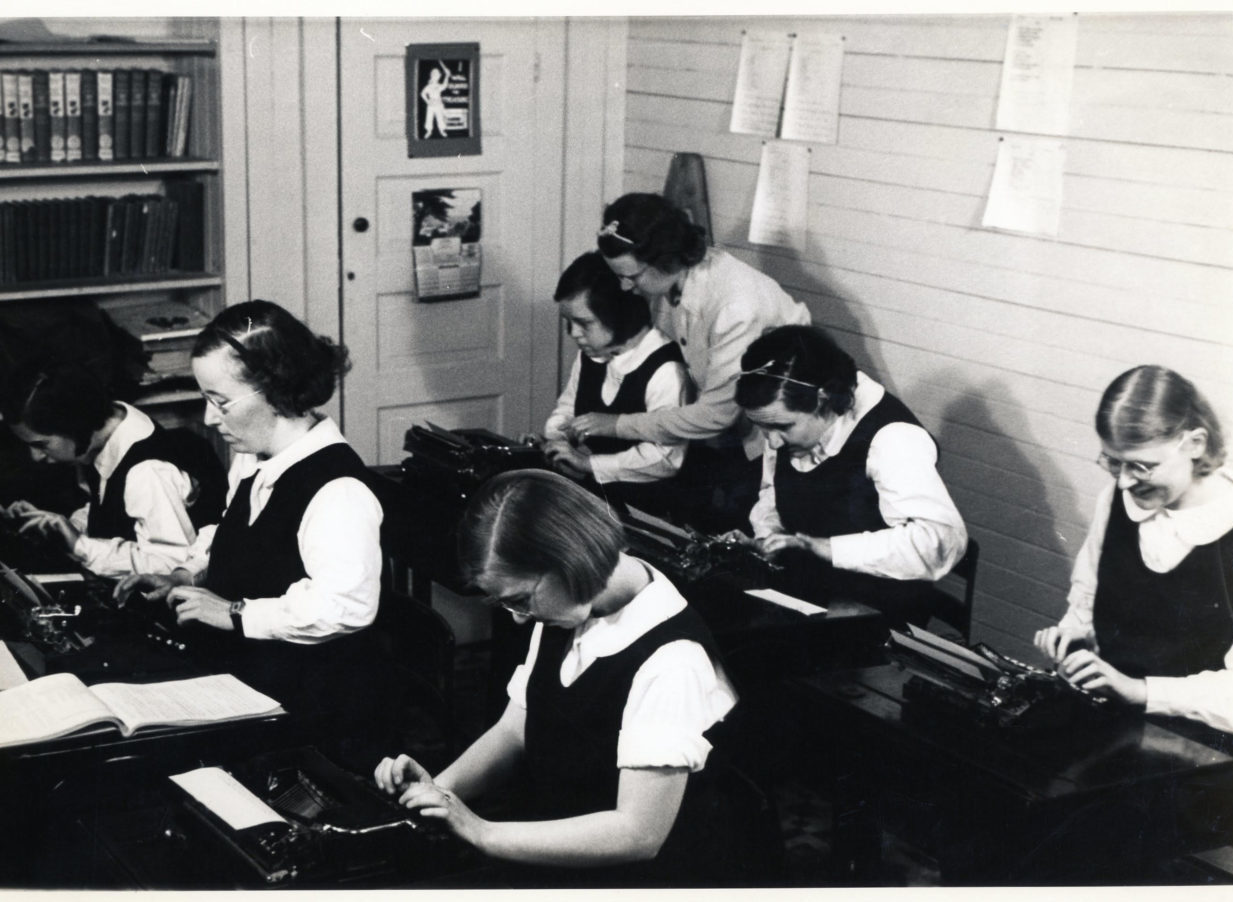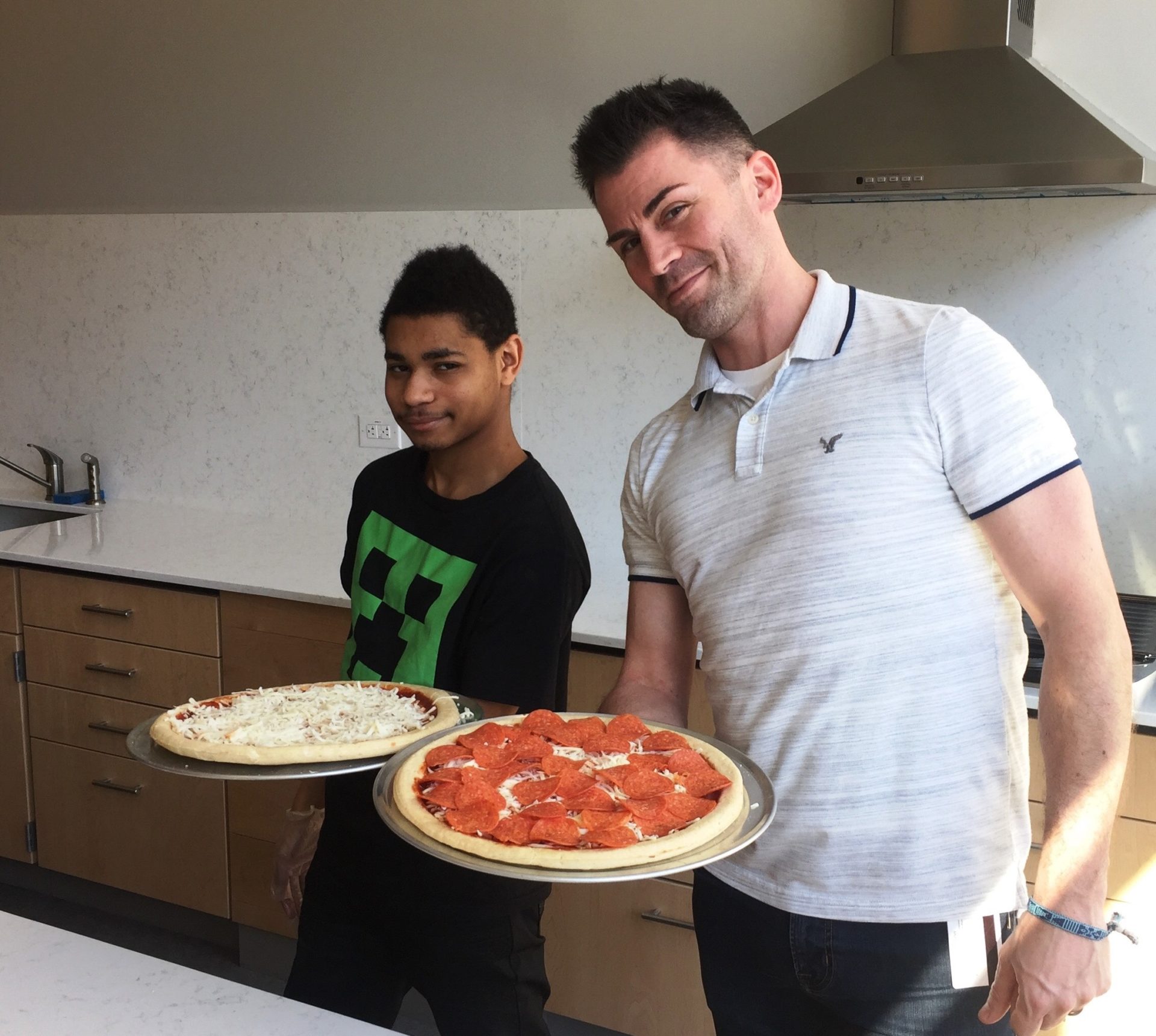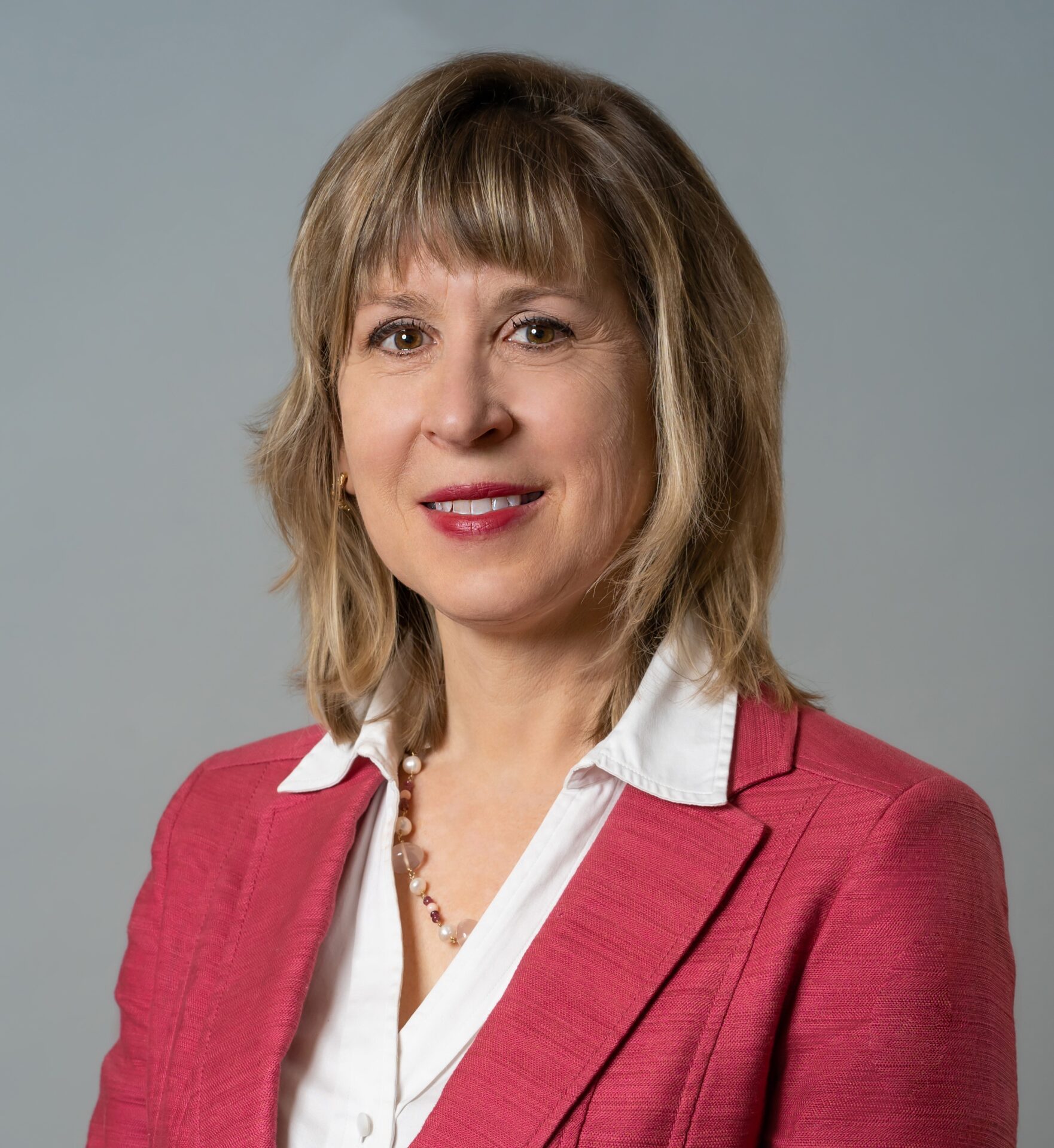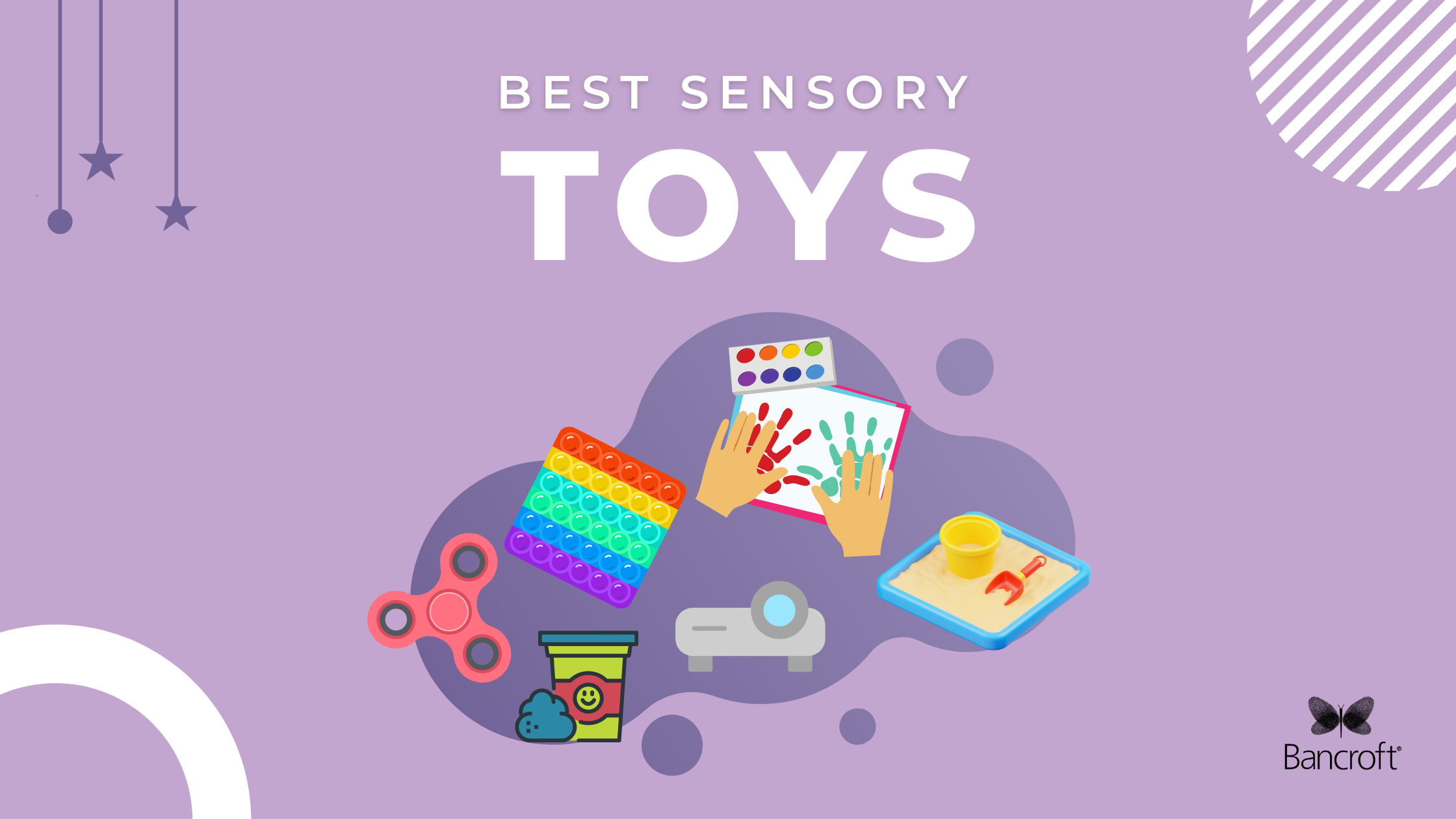Every child deserves to live a life of happiness and fulfillment, but ‘happiness’ comes in many forms. A board-certified behavior analyst with The Bancroft School talks about ways parents and caregivers can help children of all abilities live their best lives.
By Jaysen H. Clough-Medora, M.S., BCBA
Board-Certified Behavior Analyst at The Bancroft School in Mount Laurel, N.J.
The joys of childhood. What images does that thought bring to mind? Happy memories of your own youth. Big smiles. Long days spent playing with friends. A favorite family vacation or holiday, perhaps. Maybe a cherished toy.
Every child deserves to live a life of happiness, smiles, and moments worth celebrating.
For those with autism or other intellectual and developmental disabilities, however, the concept of “joy” can seem elusive. But if there’s one thing I’ve learned in nearly two decades of working with the autism community, it’s this: Happiness is always possible. It may look different for each individual, but it’s there. Often, it requires viewing life through a new lens, and learning to appreciate even the smallest milestones.
It’s our job as parents, educators, special needs professionals, to listen to and find ways to connect with the children in our lives; to figure out what will connect with them. Through patience and perseverance, we can slowly begin to peel back the complex layers of any child, no matter how great their struggles, to reach those breakthrough moments that will bring smiles to their – and our – faces. Those moments are why we do what we do.
There are a few guiding principles that are important for every parent or caregiver hoping to guide a child they love toward their best life.
Help them Learn to Communicate.
This is the number one way we can help our children. Having a voice, and the ability to self-advocate, is crucial to personal development, to improving behaviors for those with severe disabilities, and to their long-term health and safety.
Learn to Let Them Fail.
This is good advice for any parent; it’s also often one of the hardest things for us to do. When our children are struggling to learn a new skill – something as simple as tying a shoe or zipping a jacket, for example — our instinct is to intervene and do it for them. But if we do it for them every time they struggle, how will they figure it out? When a child finally achieves a goal on his or her own, it means the world to them.
Give Them a Choice.
This is so important, and so often taken for granted. In my own experience, I’ve seen some of the greatest successes occur when I’ve given an individual some say in their therapy or care, or helped them to understand the “why” behind what we’re doing. When we make a child feel valued, they are more likely to be receptive to the goals we’re trying to achieve. No matter who you’re working with, always presume competence and remember that, disability or not, this is a person with valid opinions, feelings and desires – so present them with options, when possible, and let them know their voice is being heard.
Celebrate the Successes.
Finally – especially when working with a child on the autism spectrum – remember that even a small step toward independence is a giant leap forward, and each one is worth celebrating. Whether it’s learning to ride a bike without training wheels, or learning, at 15 years old, to brush your teeth by yourself for the first time. Praise that leap. Verbal praise, a small reward, a hug, high-five, or whatever works — let them know how proud you are of how far they’ve come.
Most importantly, remember that at the heart of everything we do is the idea that no matter what a person’s age or level of ability or disability, every person has an innate, human desire to be independent and take agency over their own lives.
That desire drives all of us, and even if the individuals we care for can’t express that desire the same way we do, that doesn’t mean it’s not there.
At The Bancroft School, students ages 3 through 21 have access to a robust suite of services and an interdisciplinary educational and therapeutic team including faculty, physical, occupational, speech and sensory therapists.
For more information about autism and other intellectual or developmental disabilities and to inquire about enrollment at The Bancroft School and other programs, call 1-800-774-5516.

